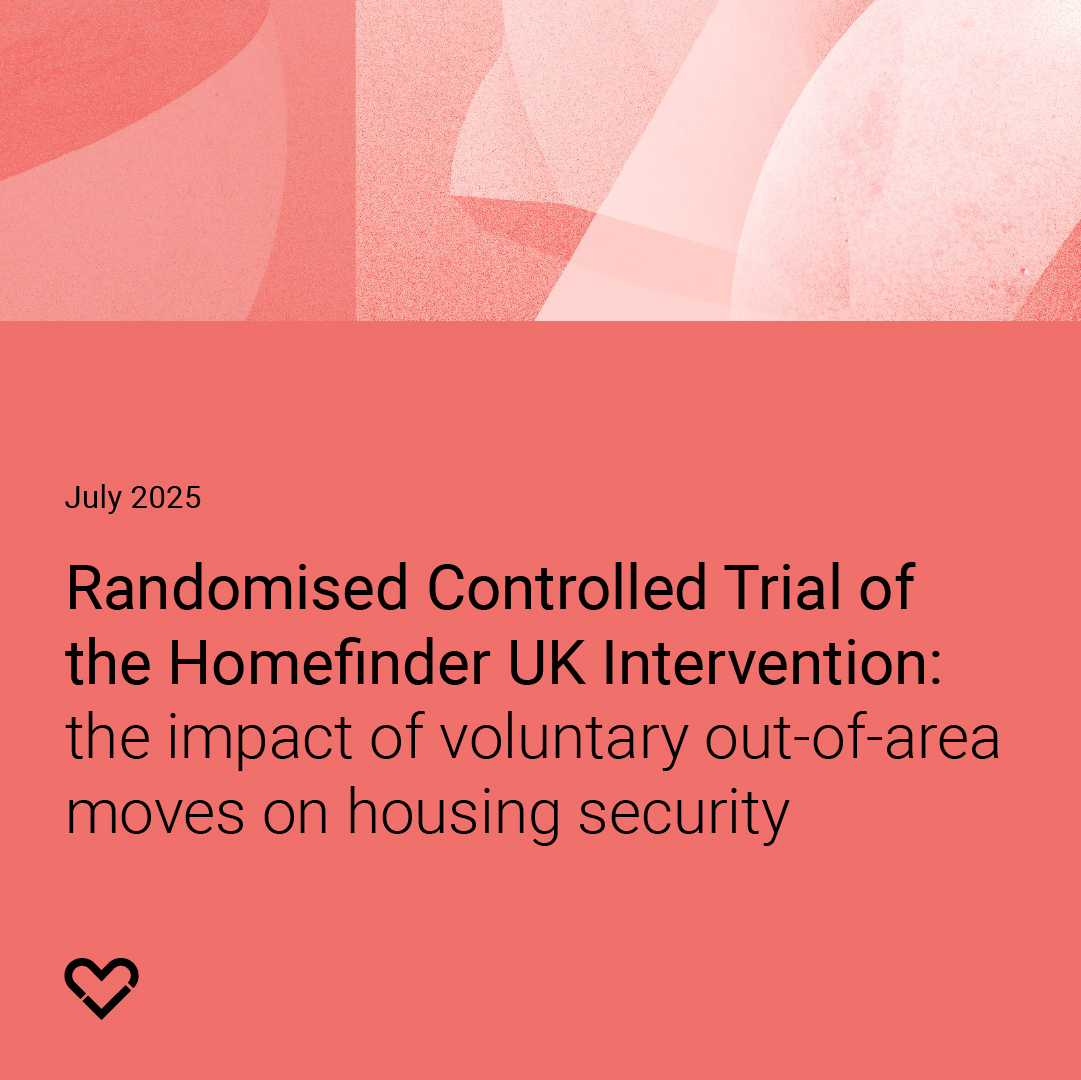Accommodation: A systematic review
Outline of the Study
This groundbreaking review represents the first comprehensive meta (statistical) analysis which compares types of accommodation-based interventions for people experiencing homelessness and their impact on housing stability, health and other outcomes. The review involved 28 studies, covering 51 accommodation interventions and 8,390 participants. .
The review creates a typology that categorises interventions based on level of support (basic, moderate, high) and conditionality (conditional vs unconditional).The network meta-analysis methodology enables direct comparison of some interventions for the first time and provides crucial evidence for policy makers and practitioners about which approaches achieve the best outcomes.
Findings in brief
- Programmes, such as Housing First, which offer intensive, individualised and unconditional support, result in significantly better housing stability outcomes than other approaches
- Accommodation which offers basic and unconditional interventions may be harmful in terms of people’s housing stability and health outcomes suggesting these approaches should be reconsidered
- Most quantitative evidence comes from the USA and findings may not directly translate into the UK context
- Accommodation-based interventions which offered moderate, generic and conditional support and/or high unconditional support both helped improve health outcomes
- There is limited evidence on the impact of accommodation-based interventions on employment, crime, and wellbeing outcomes
- programmes which offer higher support consistently outperformed those with lower support, regardless of expectations to engage with this support
- Both congregate and dispersed housing models are effective when combined with appropriate support levels
- Qualitative evidence indicates that successful programmes require person-centred approaches, effective staff training, sustainable funding, and strong joint working between relevant services. However, success also relates to national welfare policy and housing market access.
Recommendations in brief
- Prioritise investment in Housing First and other models which offer intensive and unconditional support for people with complex needs
- Review the cost-effectiveness of basic/unconditional accommodation-based interventions
- Commission rigorous UK-based evaluations, to: understand the effectiveness of accommodation-based interventions outside the USA context; better understand the relative effectiveness of interventions for people who need medium and high support; measure outcomes beyond housing and health, such as employability, crime and wellbeing and cost effectiveness
- Ensure future research routinely gathers data around service user demographics, level of support needed and current accommodation type and continues to utilise the typology, to facilitate comparison of interventions
- Ensure all accommodation-based interventions use person-centred practice, have qualified and trained staff, sustainable funding, and effective joint working relationships.
No items found.





.jpg)

